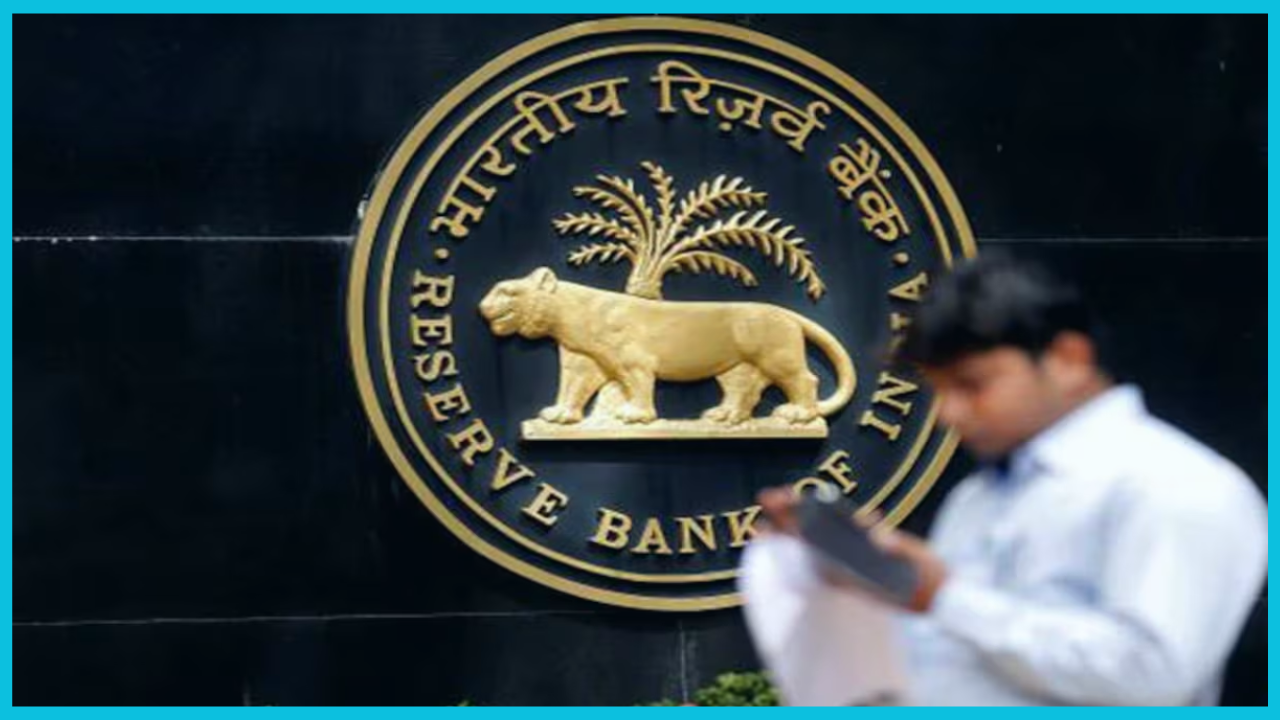RBI has joined Project Nexus to enable cross-border retail payments through UPI and FPS of several countries. Governor Shaktikanta Das has expressed hope of reduction in costs in line with World Bank’s assessment.
In support of cross-border retail payments, the country’s central bank RBI has joined Project Nexus. This will enable domestic fast payment systems (FPS) like UPI to make money payments between people across borders. From next year, the fast payment systems of the Philippines, Malaysia and Thailand will be linked to UPI, which will enable citizens of these countries to make digital transactions of money through UPI. Indonesia can also join the UPI payment system in the future.
Signing the agreement on Sunday, RBI Governor Shaktikanta Das said, “In my view, the biggest benefit of Project Nexus will be that it will make cross-border payments much faster and less expensive. It will also lead to greater international cooperation between countries to speed up cross-border digital transactions at a lower cost.”
Also Read: Good news: Your entire EPF amount will be withdrawn even if you work for less than six months
Digital payments will get a boost
RBI has joined Project Nexus to enable cross-border retail payments through UPI and FPS of several countries. Governor Shaktikanta Das has expressed hope for a reduction in costs in line with the World Bank’s assessment. This initiative involves BISIH and aims to collaborate multilaterally to increase payment efficiency and speed, which will benefit person-to-person and person-to-merchant transactions.
RBI Governor Shaktikanta Das emphasised the benefits of Project Nexus, which aims to integrate UPI with fast payment systems of countries such as Malaysia, Philippines, Singapore and Thailand, with Indonesia to join later. The initiative aims to improve cross-border payment efficiency, promoting international collaboration for faster and more cost-effective transactions.
